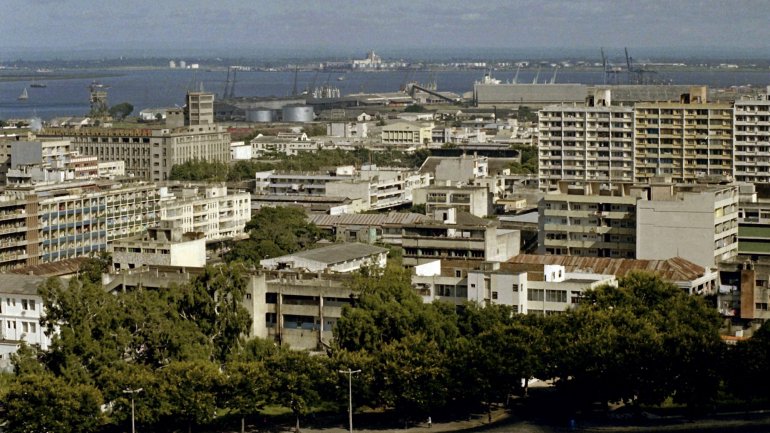Bank of Mozambique warns of Increased exposure of banks to public debt
Mozambique has announced the agreement it “tried to avoid but had to accept” – economist

File photo: Lusa
Economist António Francisco said on Wednesday that Mozambique had tried to avoid an agreement on the terms announced with the holders of ‘eurobonds’ covering a portion of the two billion dollars’ in hidden debt, but had to accept it in the end.
“It is the agreement that the government has resisted or tried to avoid in the last two years, but it ended up accepting it as a way to try to get out of the complicated dead end it plunged into, for several reasons,” the researcher who follows the country’s public accounts said.
According to Francisco, the government tried to make creditors “more complacent” and sought to “mix the three big hidden debts which have placed Mozambique in selective default, in part because they were part of a single package”.
However the owners of the Ematum debt contracted in 2013, had already benefited from a renegotiation in 2016, even before the discovery of the other two slices of hidden debt (MAM and Proindicus) in the first quarter of 2016.
Thus, “creditors have demanded preferential treatment for this debt [Ematum]” and, according to Francisco’s reading of the agreement announced on Tuesday, “the government has abandoned their strong-arm tactic, and everything indicates that creditors have achieved what they demanded.”
Francisco notes however that in announcing the agreement, “the Ministry of Economy and Finance made no mention of the approximately US$1 billion of MAM and ProIndicus debts; only about the US$727 million dollars”, arising from the eurobonds exchanged in 2016 for Ematum debt.
On the other hand, Francisco says the restructuring being proposed “would not have a visible impact on debt relief.”
“The financial crisis that was precipitated by ‘hidden-legalised’ debts does not seem to have motivated government authorities to embark on effective fiscal and financial reform and consolidation,” he said.
The government has instead opted to “restrict spending on priority sectors (in productive and social terms) in order to ensure that large amounts of financial resources are mobilised internally to finance politically suitable sectors for the consolidation of the current political regime.”
António Francisco cited work he has done this year for the Institute of Social and Economic Studies (IESE) in which he maintains that the executive “is committed to maximising the misappropriation of public resources to support politically convenient public companies and other hidden or unexplained financing.”
In fact, he said, “knowing that there will be general elections in 2019, this will be another strong reason for debt relief not to feature among the top priorities of the executive, unless it is through forgiveness (real or apparent) by the international partners”.
“I am curious to see how the International Monetary Fund (IMF) will try to ensure that public debt becomes sustainable when the government is more inclined to increase debt in any way possible,” he said.
On Tuesday, Mozambique announced an agreement in principle with 60% of the bond holders, under which the country resumes payments as early as March 2019 and delivers until 2033 a 5% share of the natural gas tax revenues expected to start flowing in 2022.
These securities represent about US$725 million of the total US$2 billion of debt illegally contracted in 2013 and 2014, and the only portion on which there is a preliminary agreement, still subject to several approvals.
The new bonds will have a face value of US$900 million, maturing on September 30, 2033 and with a coupon of 5.875%, lower than the current 10.5% on which Mozambique has been defaulting.
ALSO READ: Lenders to Mozambique want similar restructuring deal to bondholders – spokesman












Leave a Reply
Be the First to Comment!
You must be logged in to post a comment.
You must be logged in to post a comment.